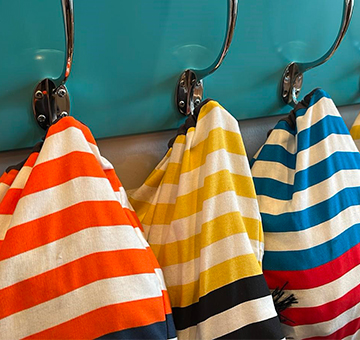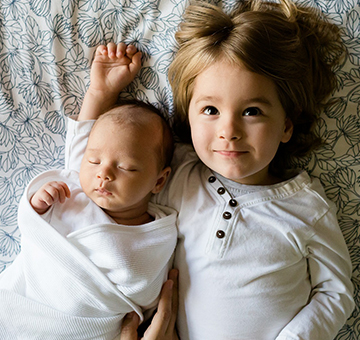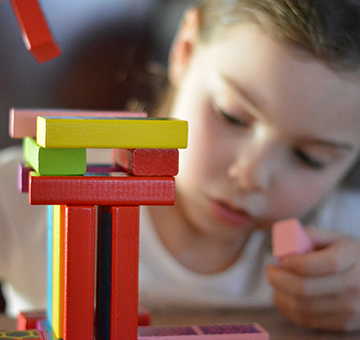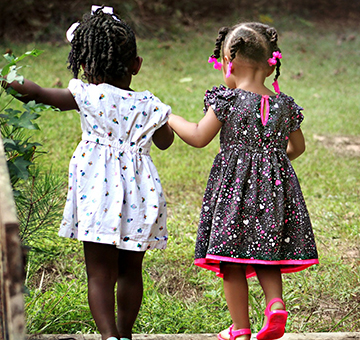Learning through play
Caring Hands Nursery provides care for children, from two years up to five years of age. The setting opened in May 2019 and is located in the heart of Fulham just a few minutes’ walk from Fulham Broadway Station.
Caring Hands Nursery offers multiple learning opportunities for all children, with an experienced team of professionals focusing on individual development and personalised learning, supported by an extensive range of play resources that help develop childrens creativity, curiosity and initiative. Languages are a big focus in our nursery and a different language is taught every month. We go to the local parks twice a day as we believe that time outside is important for their independence and creativity.
Caring Hands Nursery works in partnership with parents to encourage, support and extend children’s progression, transitions, “School Readiness” and build positive relationships.
The Early Years Foundation Stage
We follow the statutory frame of The Early Years Foundation Stage, which breaks down children’s developmental stages into seven different areas. This allows practitioners to create and plan exciting activities for the children in order to enhance their learning and development.
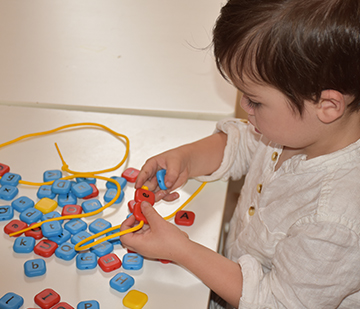

Personal, Social and Emotional
Childrens personal, social and emotional development is crucial for children to lead healthy and happy lives and is fundamental to their cognitive development. Our staff are working with children understanding their own feelings and those of others. Children in our setting are confident to try new activities and show independence, resilience and perseverance in the face of challenge. Children explain the reasons for rules, know right from wrong. Children can manage their own basic hygiene and personal needs, including dressing, going to the toilet and understanding the importance of healthy food choice. While playing in a group, children are encouraged to develop a positive sense of themselves, play cooperatively and take turns with others which gives opportunity to form positive attachments to adults and friendships with peers.
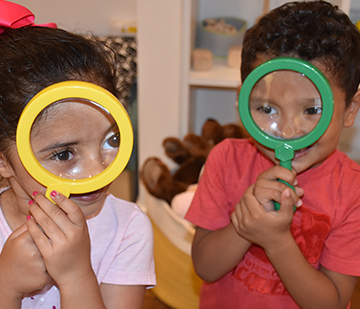

Communication and Language
The development of the children’s spoken language underpins all seven areas of learning and development. Children are allowed to listen attentively and respond to what they hear with relevant questions, comments and actions when being read to and during whole class discussions and small group interactions. Children are given opportunities to experience a rich language environment and encouraged to ask questions on the content of stories and songs using “why “and “how”. We allow the children to participate in small groups, class and one-to-one discussions, offering their own ideas and speaking freely. Offer explanations for why things might happen, making use of recently introduced vocabulary from stories, non-fiction, rhymes and poems when appropriate.
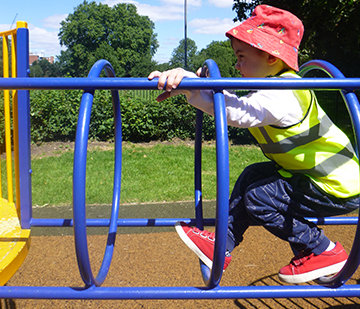

Physical Development
Physical development is vital in children’s all-round development, enabling them to pursue happy, healthy and active lives. We providing children with the opportunities to be active and interactive, to negotiate space and obstacles safely, to balance and coordination when playing and move energetically, such as running, jumping, dancing, hopping, skipping and climbing. We providing opportunities for the children to develop coordination and handle equipment and tools effectively even handling of a pencil effectively in preparation for fluent writing, using a tripod grip. Children are using a range of small tools, including scissors, paint brushes and cutlery.
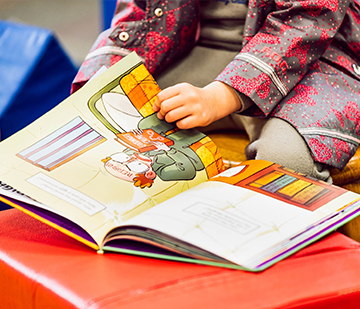

Literacy
It is crucial for children to develop a lifelong love of reading. Children will demonstrate understanding of what has been read to them by retelling stories and narratives using their own words and will understand recently introduced vocabulary during discussions about stories, non-fiction, rhymes and poems and during role-play. Children are learning to say sounds for each letter in the alphabet. Our staff nurture children supporting their use their phonetic knowledge of words (link sounds and letter) to use when writing words. They will learn how to write recognisable letters and how to correctly form them.
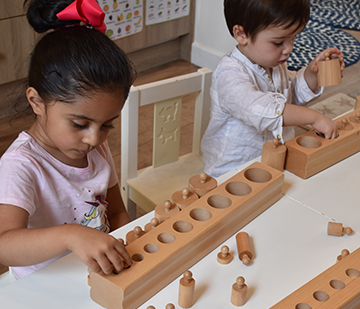

Mathematics
Developing a strong grounding in numbers is essential so that all children develop the necessary building blocks to excel mathematically. Children can compare quantities up to 10 in different contexts, recognising when one quantity is greater than or less than or the same as the other quantity. Children will explore and represent patterns within numbers up to 10, including evens and odds, double facts and how quantities can be distributed equally.
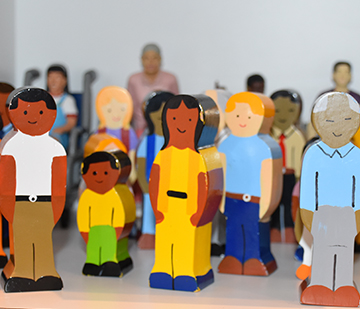

Understanding the World
Understanding the world involves guiding children to make sense of their physical world and their community. Children understand the past through settings, characters and events encountered in books read in class and storytelling. Children learn about the cultures and traditions of others and their lives. Children are encouraged to talk about the lives of the people around them and their roles in society. Children via our setting have an opportunity to explore the natural world around them, making observations and drawing pictures of animals and plants.
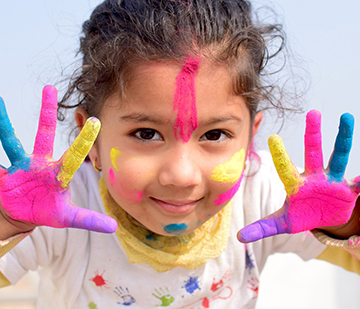

Expressive Arts and Design
Children will safely use and explore a variety of materials, tools and techniques, experimenting with colour, design, texture, form and function. We encourage children to explore and use their imagination. Children can invent, adapt and recount narratives and stories with peers and their teacher. Children will sing songs, make music and will dance.

